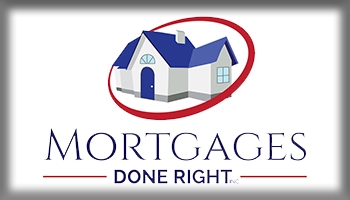Any Questions Call Us 561-777-7622


For many self-employed individuals, the dream of homeownership can feel out of reach due to traditional lending requirements that heavily rely on W-2 forms and tax returns. However, there’s a lesser-known mortgage option that offers a lifeline to those who don’t fit the conventional mold: bank statement loans. In this blog, we’ll explore what bank statement loans are, how they work, and why they might be the perfect solution for self-employed individuals looking to buy a home.
Bank statement loans, also known as self-employed mortgages or alternative documentation loans, are mortgage products designed specifically for self-employed individuals who may have non-traditional income sources or irregular cash flow. Instead of relying solely on tax returns and W-2 forms to verify income, bank statement loans allow borrowers to qualify based on their bank statements.
With bank statement loans, lenders typically review the borrower’s personal or business bank statements from the past 12 to 24 months to assess their income and financial stability. Instead of focusing on traditional income documentation, lenders look at deposits and cash flow patterns to determine the borrower’s ability to repay the loan.
While bank statement loans offer numerous benefits for self-employed individuals, they may not be the best option for everyone. It’s essential to weigh the pros and cons carefully and consult with a mortgage professional to determine if a bank statement loan aligns with your financial goals and circumstances.
At Mortgages Done Right, we specialize in helping self-employed individuals navigate the mortgage process and find the right loan solution for their needs. Contact us today to learn more about bank statement loans and explore your options for achieving homeownership as a self-employed borrower. With Mortgages Done Right by your side, your dream of owning a home can become a reality.